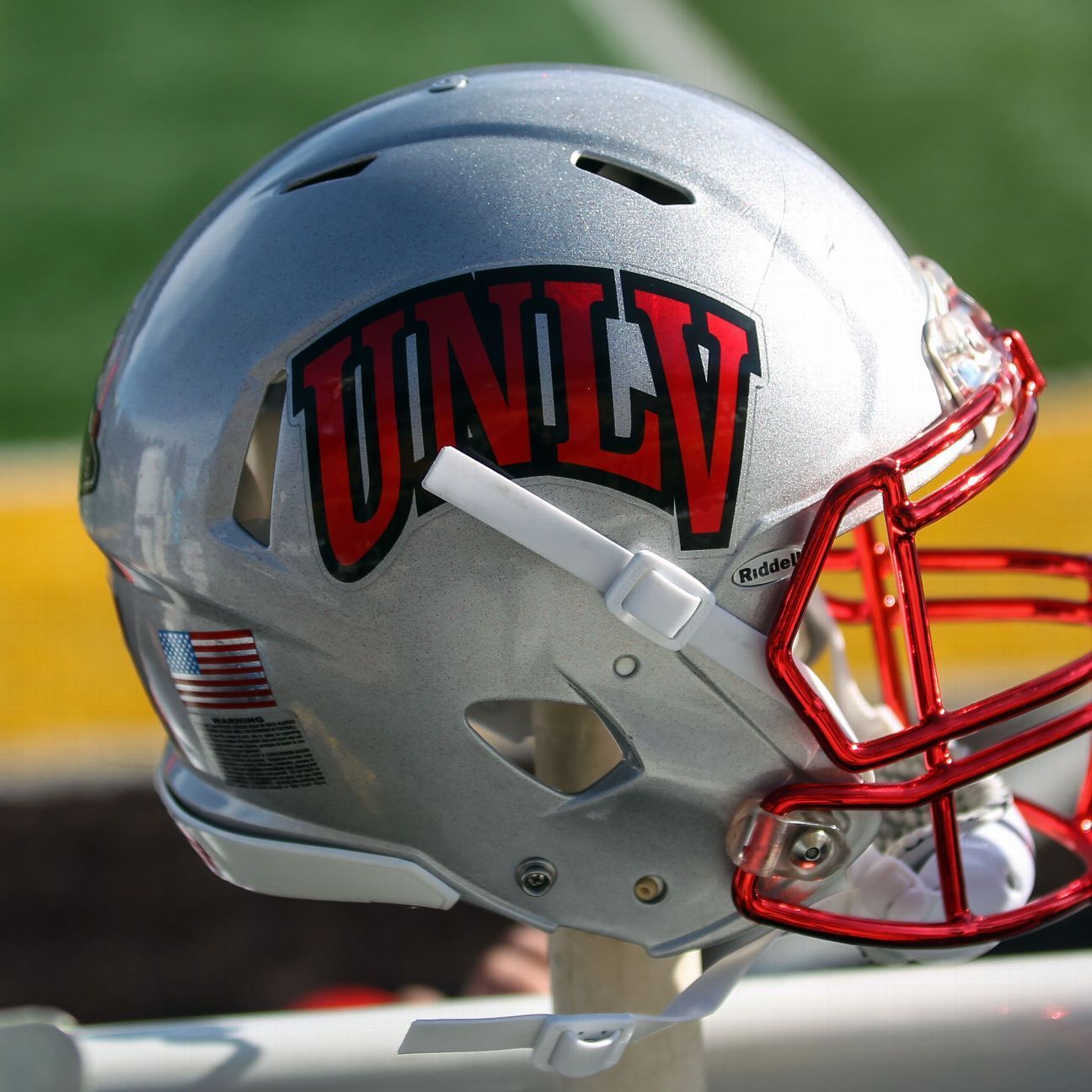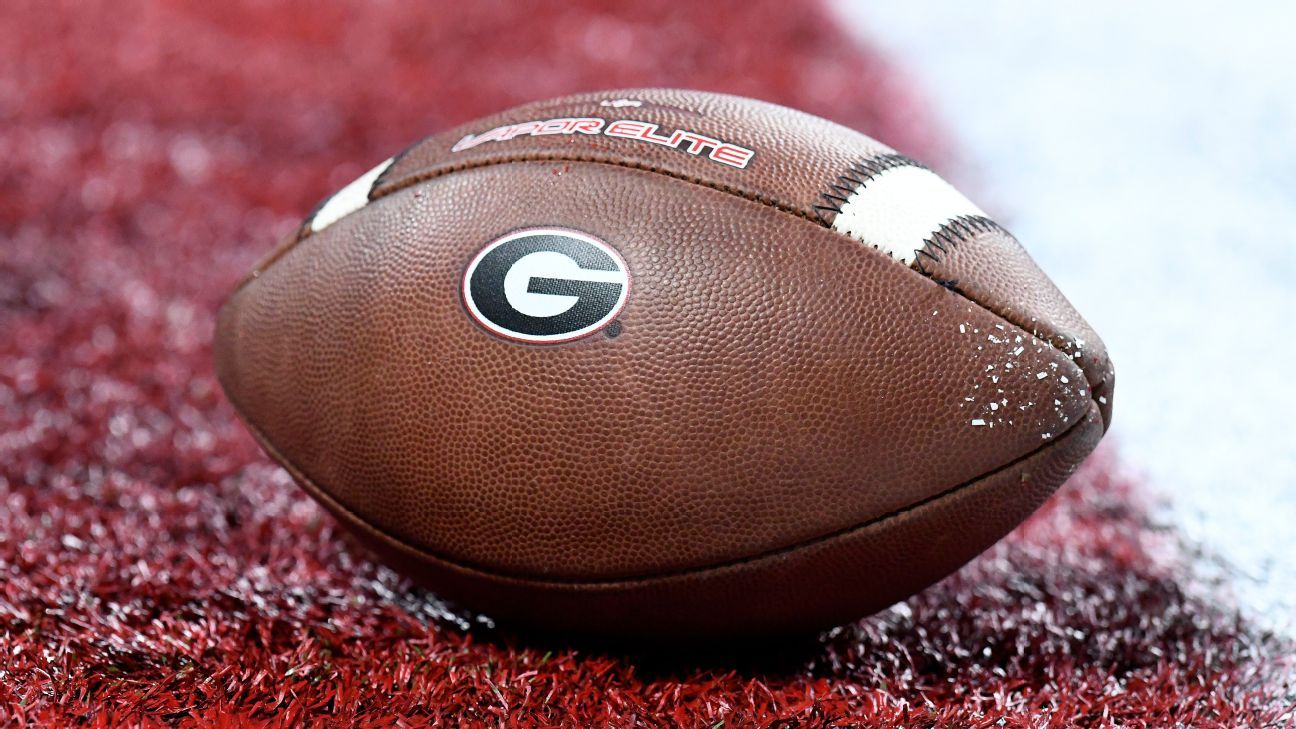UNLV is expected to resume talks with the Pac-12 after its commitment to the Mountain West earlier in the day fell through, sources told ESPN on Monday night.
UNLV agreed to a memorandum of understanding to return to the Mountain West, but that was conditional on the remaining eight schools agreeing to stay, sources told ESPN.
When Utah State decided not to return and participate in the Pac-12, sources said UNLV officials agreed to pause and further explore their options. UNLV was ready to agree to a deal with the Mountain West that included the university and Air Force receiving a significant one-time payment to remain in the league and be one of its hubs.
UNLV’s decision to explore its options leaves the Mountain West potentially in a state of flux, as Air Force’s commitment earlier in the day and UNLV’s initial commitment on Monday were seen as positive signs that the league could leverage its buyout money from departing schools to stay together.
Part of the Mountain West proposal is that the league would ensure no school backs out on money for media distribution, which is guaranteed, compared to the projected revenue the Pac-12 has presented to some universities.
With Utah State's departure and UNLV exploring options, the Mountain West is left with six schools committed for the 2026 football season: Air Force, Hawai'i, New Mexico, Nevada, San Jose State and Wyoming. The conference will need to add at least two more schools playing football by 2028 to comply with NCAA rules.
Staying in the Mountain West will allow schools to avoid exit fees. Before Utah State decided to leave, the league was already projected to earn more than $120 million in revenue from the four previous exits.
Mountain West schools are earning nearly $6 million a year in general payments, with nearly $4 million of that coming from pure media value. It’s not known how much the Pac-12 will earn when it reforms in 2026, as it hasn’t yet brought the reconfigured product to market. The Pac-12 needs to have eight members to be recognized as an official conference.
What's been happening across the Mountain West landscape is part of a high-stakes duel between the league, the Pac-12 and the American Athletic Conference. On Monday, the AAC landed commitments from Memphis, Tulane, USF and UTSA, some of the Pac-12's most prominent targets.
It was projected to cost more than $27 million per school for Memphis and other AAC members to leave the league, between exit fees and nearly $2.5 million in lost revenue, presenting a problem for Pac-12 expansion efforts.
The cost of the purchase and the lack of a guaranteed television audience from the Pac-12, whose estimates project revenues of more than $12 million annually for the schools, weigh heavily on the decision-making.












